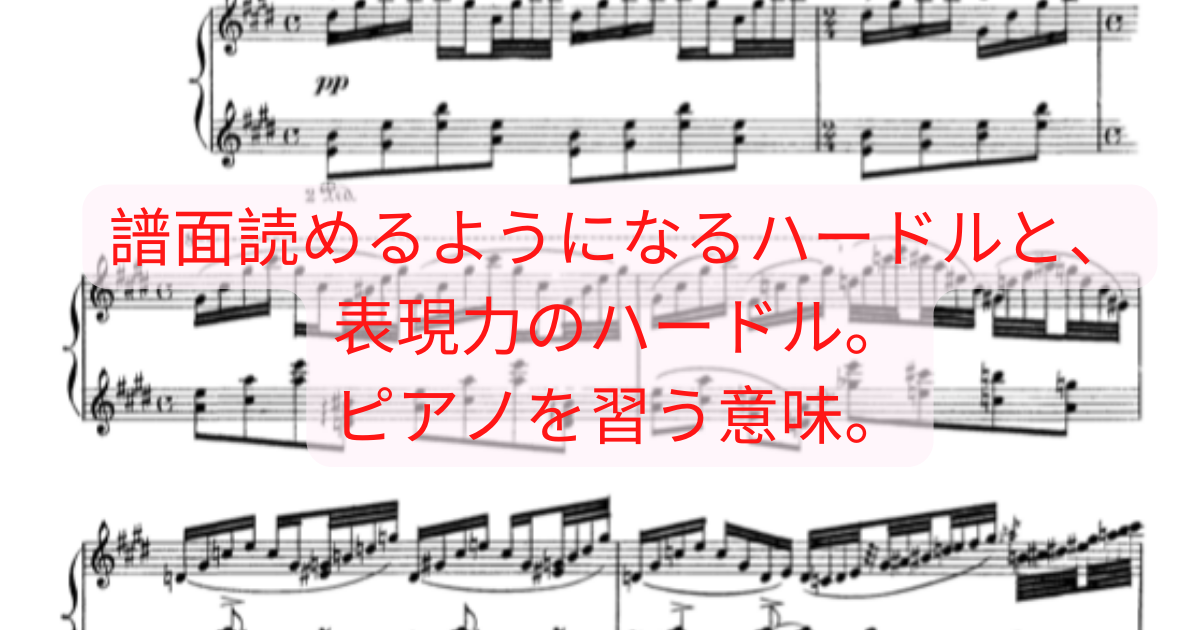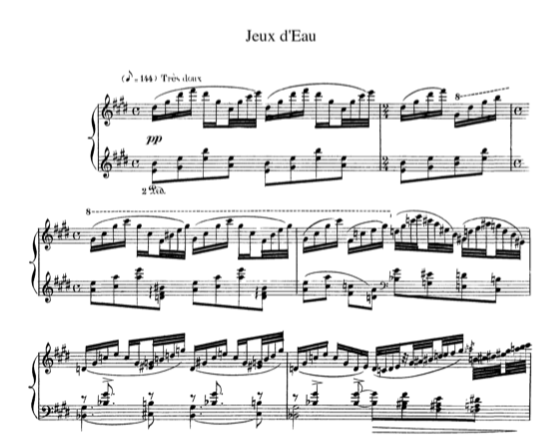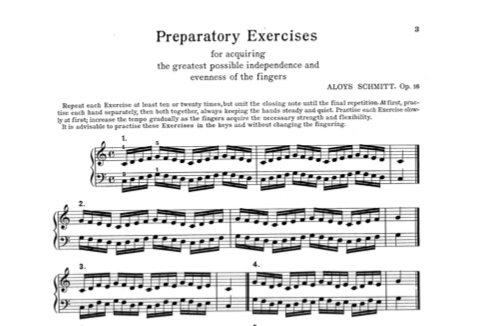
Misunderstandings About Reading Sheet Music and the True Meaning of Piano Lessons
Misunderstandings About Reading Sheet Music and the True Meaning of Piano Lessons
- 1 Misunderstandings About Reading Sheet Music and the True Meaning of Piano Lessons
- 1.1 The Misunderstanding of “Reading Music”
- 1.2 How to Read Piano Music Faster
- 1.3 The Next Hurdle: Expression and Tone
- 1.4 So Why Learn Piano?
- 1.5 Does My Child Need Talent?
- 1.6 Conclusion
- 1.7 The Misunderstanding of “Reading Music”
- 1.8 How to Read Piano Music Faster
- 1.9 The Next Hurdle: Expression and Tone
- 1.10 So Why Learn Piano?
- 1.11 Does My Child Need Talent?
- 1.12 Conclusion
Many parents and students think that learning piano is simply about reading sheet music. But here’s the truth: only about one in twenty people can truly sight-read fluently. The same goes for expressive playing—among my students, only two or three have shown real natural expression. So then, why do we learn piano?
The Misunderstanding of “Reading Music”
Take Ravel’s Jeux d’eau (Fountains of Water). The score looks intimidating at first glance. Many assume that being able to read notes is enough, but that’s not true.
Reading sheet music means more than recognizing do-re-mi. It also means instantly grasping rhythm. Without a mental image of rhythm, no one can play a piece at sight.
How to Read Piano Music Faster
The secret is surprisingly simple: practice with “boring” technical exercises like Schmitt, Hanon, and Czerny. By repeatedly exposing yourself to streams of notes, your brain becomes faster at processing music. Over time, your sight-reading naturally improves.
The Next Hurdle: Expression and Tone
It’s often said that Japanese pianists are technically strong but lack expression. One possible reason? The piano itself.
I grew up playing a German Steiner upright piano I inherited by chance. Its tone was vivid and colorful. But when I play on many students’ Yamaha uprights, the sound feels flat and uninspiring. Could this be why expressive playing is harder to achieve?
That said, Yamaha grand pianos—and their recordings used in digital pianos—are wonderful. Tone matters. And true expression often requires guidance from a teacher who can help you discover your own sound.
So Why Learn Piano?
The most important reason is joy. Music enriches life. But piano also trains the brain. Sight-reading requires constantly looking ahead—reading one line while anticipating the next, even thinking about the next page while playing the current one. This sharpens focus and insight.
And there’s more. Moving your fingers boosts dopamine release, improving mood and positivity. It’s no wonder piano practice is linked to better mental health and even dementia prevention.
Does My Child Need Talent?
Parents often ask, “Does my child have talent?” The answer: talent doesn’t matter. What matters is love. If your child can’t stop playing piano, that passion is the real sign.
Even if your child isn’t obsessed with piano, lessons are still valuable as brain training. But beware: pushing too hard or having excessive expectations often kills expression.
Conclusion
In New York, top pianists often say they play simply because they love piano—and because they need to express themselves.
Whether or not you become a professional, piano lessons are one of the best gifts you can give yourself or your child: for the brain, for creativity, and for joy. After all, as the saying goes: Those who love something will always get better at it.
Many parents and students think that learning piano is simply about reading sheet music. But here’s the truth: only about one in twenty people can truly sight-read fluently. The same goes for expressive playing—among my students, only two or three have shown real natural expression. So then, why do we learn piano?
The Misunderstanding of “Reading Music”

Take Ravel’s Jeux d’eau (Fountains of Water). The score looks intimidating at first glance. Many assume that being able to read notes is enough, but that’s not true.
Reading sheet music means more than recognizing do-re-mi. It also means instantly grasping rhythm. Without a mental image of rhythm, no one can play a piece at sight.
How to Read Piano Music Faster
The secret is surprisingly simple: practice with “boring” technical exercises like Schmitt, Hanon, and Czerny. By repeatedly exposing yourself to streams of notes, your brain becomes faster at processing music. Over time, your sight-reading naturally improves.
The Next Hurdle: Expression and Tone
It’s often said that Japanese pianists are technically strong but lack expression. One possible reason? The piano itself.
I grew up playing a German Steiner upright piano I inherited by chance. Its tone was vivid and colorful. But when I play on many students’ Yamaha uprights, the sound feels flat and uninspiring. Could this be why expressive playing is harder to achieve?
That said, Yamaha grand pianos—and their recordings used in digital pianos—are wonderful. Tone matters. And true expression often requires guidance from a teacher who can help you discover your own sound.
So Why Learn Piano?

The most important reason is joy. Music enriches life. But piano also trains the brain. Sight-reading requires constantly looking ahead—reading one line while anticipating the next, even thinking about the next page while playing the current one. This sharpens focus and insight.
And there’s more. Moving your fingers boosts dopamine release, improving mood and positivity. It’s no wonder piano practice is linked to better mental health and even dementia prevention.
Does My Child Need Talent?
Parents often ask, “Does my child have talent?” The answer: talent doesn’t matter. What matters is love. If your child can’t stop playing piano, that passion is the real sign.
Even if your child isn’t obsessed with piano, lessons are still valuable as brain training. But beware: pushing too hard or having excessive expectations often kills expression.
Conclusion
In New York, top pianists often say they play simply because they love piano—and because they need to express themselves.
Whether or not you become a professional, piano lessons are one of the best gifts you can give yourself or your child: for the brain, for creativity, and for joy. After all, as the saying goes: Those who love something will always get better at it.
The most important reason is joy. Music enriches life. But piano also trains the brain. Sight-reading requires constantly looking ahead—reading one line while anticipating the next, even thinking about the next page while playing the current one. This sharpens focus and insight.
And there’s more. Moving your fingers boosts dopamine release, improving mood and positivity. It’s no wonder piano practice is linked to better mental health and even dementia prevention.